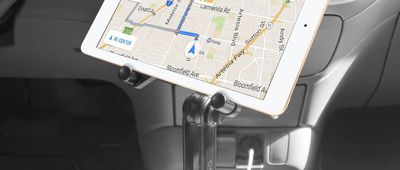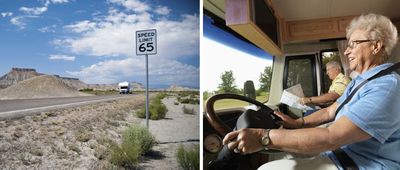Jargon for Your Journeys
Ready to embrace RV life? Whether you just want to rent an RV for a long summer road trip or are thinking about retiring and hitting the road full time, you'll probably encounter plenty of head-scratching terminology. If you can't tell your Class As from your Class Cs or think a honey wagon will bring you something sweet, sit tight for this starter lesson in RV vocabulary.
Related: From Covered Wagon to Winnebago: The Evolution of the RV

































